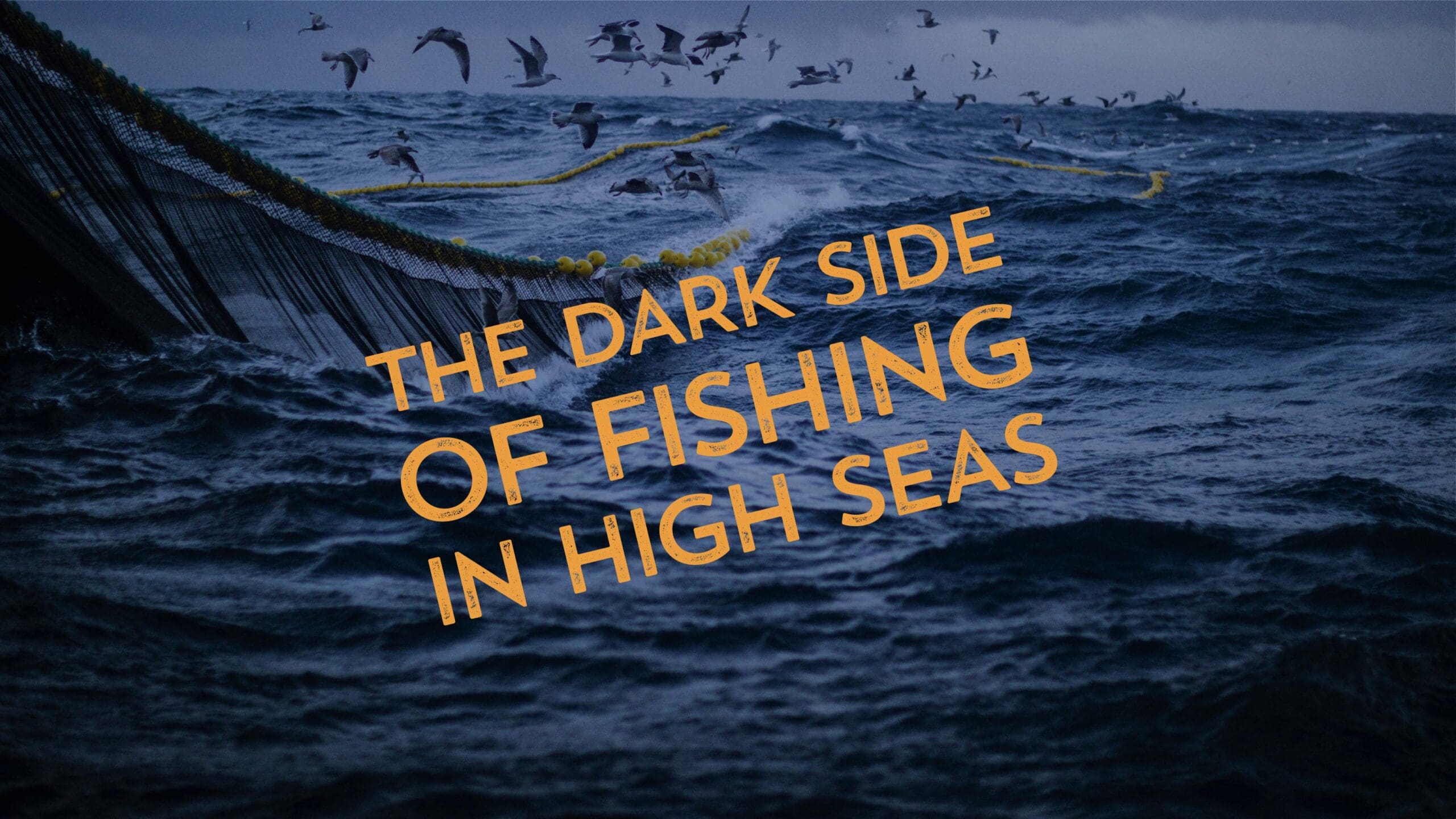The Dark Side Of Fishing In High Seas
Fishing StoriesKnowing where your food comes from nowadays is commonplace. Yet for some reason, “the ocean,” is a good enough answer for most people when we talk about seafood sourcing, and this blissful ignorance is what perpetuates some shady fishing operations in international waters.

Knowing where your food comes from nowadays is commonplace. We know exactly where it’s harvested, whether we source our pork from Abbotsford or our strawberries from California. Yet for some reason, “the ocean,” is a good enough answer for most people when we talk about seafood sourcing, and this blissful ignorance is what perpetuates some shady fishing operations in international waters.
In some corners of the world, the life of a fisherman is so much harder than it needs to be. I recently read a shocking article in the Guardian titled, “Ship of horrors: life and death on the lawless high seas.” that was incredibly eye-opening to the dark side of fishing for corporations. I've read so much recently about the disgusting indignities that some fishing crew undergo to make a living, but this one was heartbreaking. You can read the full article here.
The article tells the story of one fishing boat that sinks off the coast of New Zealand after a preventable sequence of events. The South Korean trawler, Oyang 70, had a history of treating their crew poorly. On this ship and others operated by the same corporation, crew received insufficient food, were forced to work incredibly long hours and were often subjected to verbal and physical abuse.
It was back in 2010 when the Oyang 70 crew set off to fish for southern blue whiting, a species widely used for imitation fish products or in feed for carnivorous farmed fish like salmon, and, at the time of the accident, was worth only 9₵ per pound. Imagine, at that price, how much fish it takes to make the trip profitable. Nevertheless, the captain and crew were under a great deal of pressure from Sajo Oyang, the massive international fishing company that would rake in the profits from this catch.
This corporate pressure, coupled with horrific working conditions and an inexperienced crew, drove the captain to pull in more catch than the boat could safely take on, causing the ship to sink. The captain and five crew members died.
Eight months after the accident, Oyang 70’s replacement ship, Oyang 75, was docked in New Zealand. The new crew on board, after being subject to the same horrific working conditions, managed to escape and seek refuge in a church. A church parishioner discovered the 32 men in hiding, and they were later able to tell their stories to government officials.
An investigation followed, and the New Zealand government cracked down on their fishing regulations to ensure tragedies like these don’t happen again. In 2014, a law was passed to ban foreign fishing operations taking place in New Zealand. If international fishing companies wanted to continue fishing in New Zealand waters, they’d have to do so under the country’s full legal jurisdiction. Though this was a major step forward, the problem is bigger than that. Companies like Sajo Oyang aren’t changing their practices; they just move their operations to regions with fewer regulations.
And these corporations are not only guilty of human rights violations–they are also causing immense ecological damage. They’re overfishing, dumping low-value catches, illegally dumping oil at sea and trashing marine ecosystems.
These are the practices that come with the seafood you can buy at your local grocery store. This isn’t the behaviour of one corporation. It’s an industry-wide issue.
We’re all aware of the bad practices that go on in other industries, like at fast-fashion factories. Numerous companies have been called out for human rights violations and public pressure has forced clothing manufacturers to change their ways.
The same thing needs to happen in international fisheries. But because fishing operations are mobile, making any change is much more challenging. Violations occur in the open ocean and they happen to vulnerable people who have few options for receiving a livelihood. They can’t speak up, so nobody knows what’s really happening on those ships.
What can we do to stop it? As consumers, we can insist on transparency and we can refuse to purchase fish with a murky history.
At Skipper Otto, we’re trying to model fishing as it should be. We work with independent, Canadian fishermen. We pay them promptly and fairly. They control their own livelihoods and working conditions and are catching seafood sustainably. When our members buy our Canadian sustainable seafood, they know who caught it, when they caught it, and how it was caught. This is the way it should always be.
